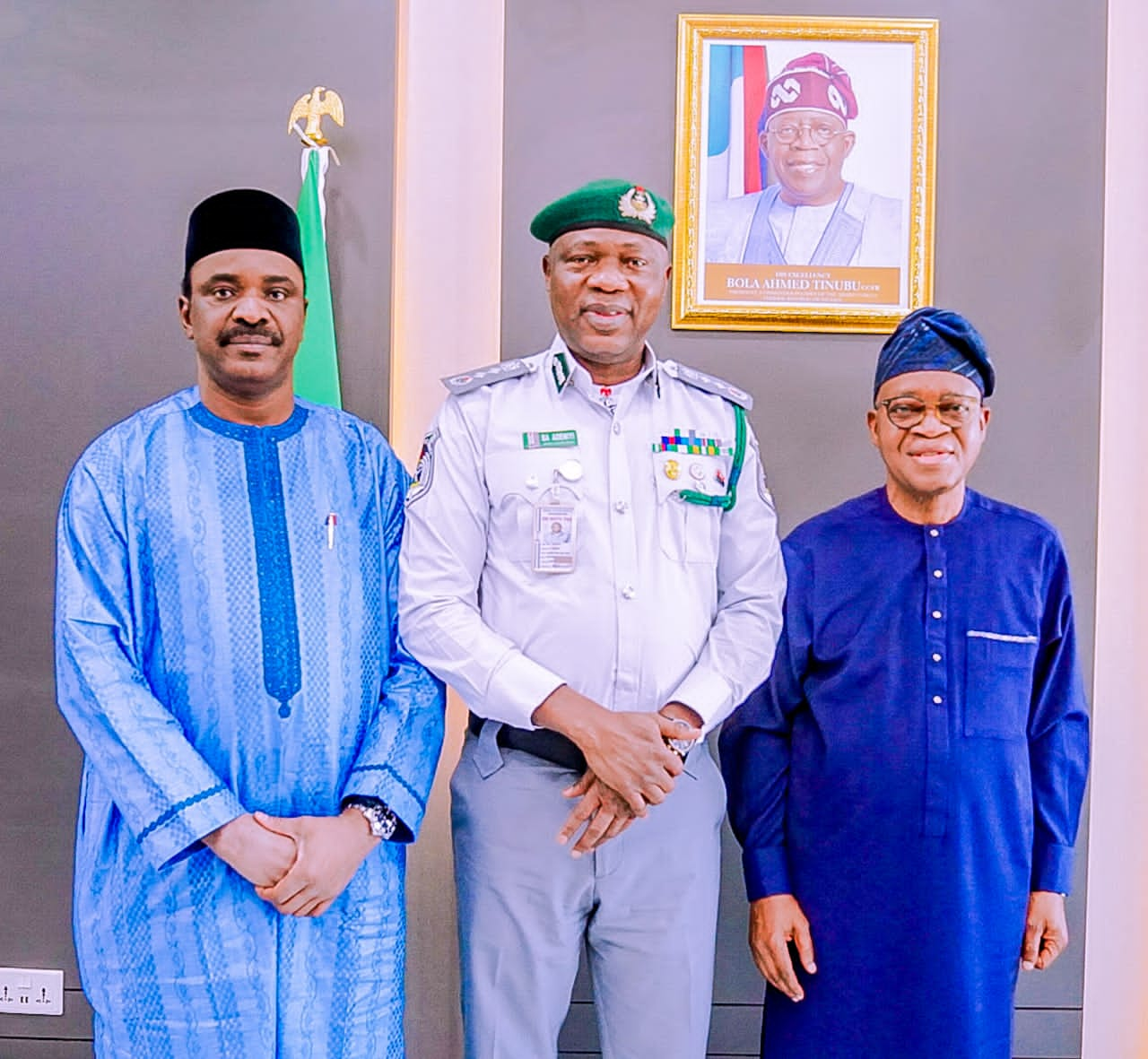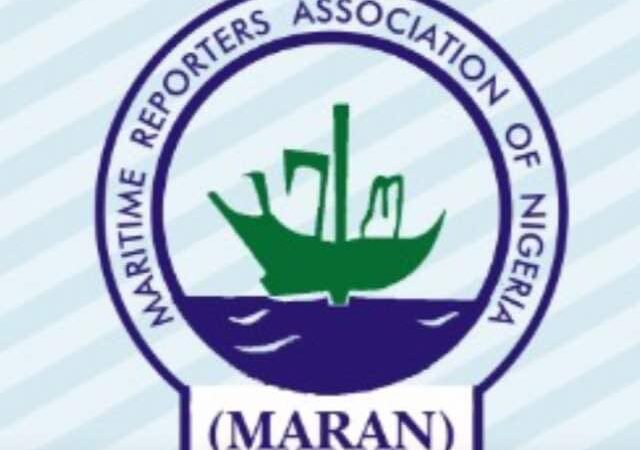The ministers of Marine and Blue Economy, Adegboyega Oyetola, Transportation, Sen. Ahmed Alkali and Comptroller General of Customs, Bashir Adeniyi has agreed phasing out physical inspection of cargoes at the ports.
They, in a resolution in Lagos on Monday noted that phasing out physical inspection would ensure ports efficiency and competitiveness and reduce congestion.
These are contained in a statement jointly signed by the spokesperson to the minister of Marine and Blue Economy, Ismail Omipidan and the Customs spokesman, Chief Superintendent of Customs, Abdullahi Maiwada.
They reasoned that the use of modern technologies like scanners was important to addressing the issue of ports congestion, so as to ensure efficiency and competitiveness.
To this end, the CG of Customs has been charged to enforce the use of scanners at the ports, just as they encouraged private investors to come in and invest in the deployment and maintenance of scanners at the nation’s ports.
According to the statement, the meeting which had the Managing Director of Nigerian Railway Corporation (NRC), Fidel Okhiria attending virtually, also resolved to ensure a new construction that will bypass the fixed scanner at Apapa, so as to ensure the unhindered progression of scanning process during crucial infrastructure development.
“The primary thrust of this collaborative venture is to deliberate and actualize initiatives that will not only open up ports but also foster seamless cooperation and trade and facilitation.
“A key focal point of discussion was the strategic integration of the Non-Intrusive Inspection Technology (NIIT) to bolster operational efficiency in Nigerian Seaports,” they said.
They pointed out a key resolution was giving priority on scanning over physical examination.
They acknowledged the pivotal role of NIIT in actively decongesting ports, and the meeting entrusted the Comptroller General of Customs with the mandate to champion and prioritize cargo scanning over traditional physical examination methods.
On repair and utilization of scanners, immediate action was endorsed to rectify and optimize all existing scanners at prominent ports such as Apapa, Tincan Island, Onne, and PTML.
It added that simultaneously, the existing mobile scanners would be strategically deployed to facilitate expeditious cargo inspections.
For rail freight to inland containers depot/dry ports, the Nigerian Railway Corporation (NRC) pledged continued commitment to freight cargoes to Inland container depots/dry ports, a strategic move to alleviate congestion at major ports.
“Plans were unveiled for the efficient evacuation of containers from Port Harcourt to Aba, with future extensions envisaged for Onne Port,” they said.
They said that against the backdrop of rail track construction, the NRC concurred on a pragmatic approach by agreeing to bypass the fixed scanner at Apapa to ensures the unhindered progression of scanning process during crucial infrastructure development.T
“The meeting advocated for exploring Public-Private Partnerships to oversee the installation and maintenance of scanning technology. This collaborative model aims to sustain efficiency and foster innovation in cargo inspection processes.
“The collaborative synergy witnessed in this meeting underscores the unwavering commitment of the Nigerian government to cultivate a conducive and efficient trade environment.
“The anticipated implementation of these resolutions is poised to positively impact port decongestion, trade facilitation, and overall operational efficiency and competitiveness,” they said.






